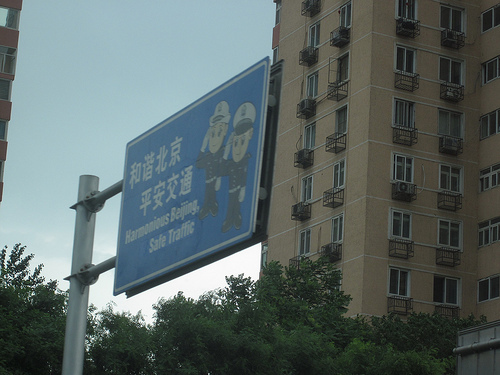China's Dangerous Lower Middle Class
The other point I wanted to make yesterday was about the political risk to the Chinese regime posed by disappointed college graduates:
While some recent graduates find success, many are worn down by a gauntlet of challenges and disappointments. Living conditions can be Dickensian, and grueling six-day work weeks leave little time for anything else but sleeping, eating and doing the laundry.
But what many new arrivals find more discomfiting are the obstacles that hard work alone cannot overcome. Their undergraduate degrees, many from the growing crop of third-tier provincial schools, earn them little respect in the big city. And as the children of peasants or factory workers, they lack the essential social lubricant known as guanxi, or personal connections, that greases the way for the offspring of China's nouveau riche and the politically connected.
Back in the 1990s it was often fashionable to argue that increased prosperity would magically transform China into a more liberal political system. Today, that's clearly not the case. What we're seeing here, though, is the more likely mechanism for political change—dashed hopes. Peasant farmers often just feel beaten-down and resigned to their fate. But these are the would-be upwardly mobile. People who know perfectly well that better economic opportunities are possible and thus are poised to develop complaints and resentments.
As long as China maintains the world's fastest-growing economy, it's hard for me to imagine political dissidence gaining any kind of toehold. But if the PRC leadership can't continue delivering the goods, these are the kind of people likely to turn into big time troublemakers.


Matthew Yglesias's Blog
- Matthew Yglesias's profile
- 72 followers




